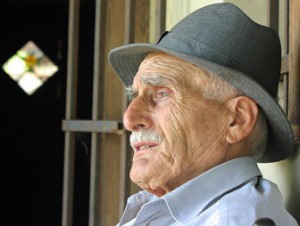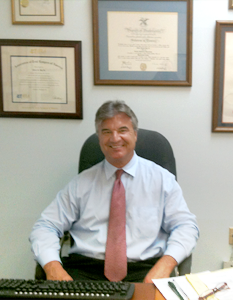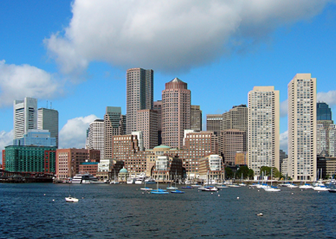 An investigation by the Boston Globe, using federal data, has found that many nursing homes have been making heavy use of antipsychotic drugs to pacify and sedate their residents. Over 185,000 nursing home residents have been found to have received antipsychotic drugs in 2010, contrary to federal nursing home regulations. Many of the nursing home residents receiving the drugs are without a diagnosis for which the drugs are recommended, but the drugs are given to them anyway, increasing the risk of dangerous side effects. The antipsychotic drugs are meant for those who suffer from schizophrenia, or other severe mental illnesses, and can leave people in a stupor. Side effects also include an increasing number of falls, dizziness, light-headedness and seizures, and can even increase the risk of wrongful death.
An investigation by the Boston Globe, using federal data, has found that many nursing homes have been making heavy use of antipsychotic drugs to pacify and sedate their residents. Over 185,000 nursing home residents have been found to have received antipsychotic drugs in 2010, contrary to federal nursing home regulations. Many of the nursing home residents receiving the drugs are without a diagnosis for which the drugs are recommended, but the drugs are given to them anyway, increasing the risk of dangerous side effects. The antipsychotic drugs are meant for those who suffer from schizophrenia, or other severe mental illnesses, and can leave people in a stupor. Side effects also include an increasing number of falls, dizziness, light-headedness and seizures, and can even increase the risk of wrongful death.
Data shows that more than one in five nursing homes in the U.S. administers antipsychotics to a significant percentage of residents who do not have a psychosis or related condition that would warrant their use. The dispensing of antipsychotics in nursing homes is even higher in Massachusetts. Physicians enjoy wide latitude in prescribing these drugs, even for purposes not approved by the FDA or the federal nursing home agency.
Nursing home administrators defend the use of antipsychotic medications, claiming that they sometimes must use them to keep aggressive residents from harming themselves or others, and also argue that the federal data is exaggerated. Administrators also maintain that the regulations concerning the drugs are outdated and contradictory, and weren’t updated when the FDA approved antipsychotic drugs for two new mental illnesses. However, nursing home regulators find the use of these drugs “deeply concerning” and say that there is a “need for strong regulatory action.”
The federal data also shows that the use of antipsychotic drugs in nursing homes increases in relation to several factors, including: having fewer registered nurses or nurses’ aides who provide hands-on care; having a greater percentage of residents who fund their care through Medicaid; and having more residents with behavioral problems, such as being verbally or physically abusive or resisting care.
The country’s largest nursing home trade association and pharmacist groups have started programs aimed at lowering antipsychotic drug use. Changes will also be made to the manual used by nursing homes as part of the government’s larger campaign to improve dementia and Alzheimer’s care. The agency is also working on updating the list of acceptable conditions for treatment with antipsychotics, and the federal rules give state inspectors greater authority to cite nursing homes that use antipsychotics inappropriately.
If you or someone you love has suffered personal injury damages or wrongful death damages because of Massachusetts nursing home neglect and abuse, please contact the Boston, MA nursing home abuse wrongful death lawyer experts, Boston nursing home abuse lawyers, Massachusetts elder neglect attorney professionals or Boston personal injury lawyer specialists at the Law Offices of Gilbert R. Hoy, Jr. and Affiliates 24/7 at 617-787-3700. Our Boston, MA lawyer professionals are some of the most respected and experienced Boston nursing home abuse lawyers and Boston, MA personal injury lawyer advocates in the Commonwealth. Our Massachusetts elder neglect attorney specialists will fight tirelessly on your behalf to obtain the full and fair personal injury damages you deserve.
Contact our Boston, MA law firm 24/7 at 617-787-3700 or email our full service Boston, Massachusetts law office at gilhoylaw@hotmail.com. Your needs are our top priority!



